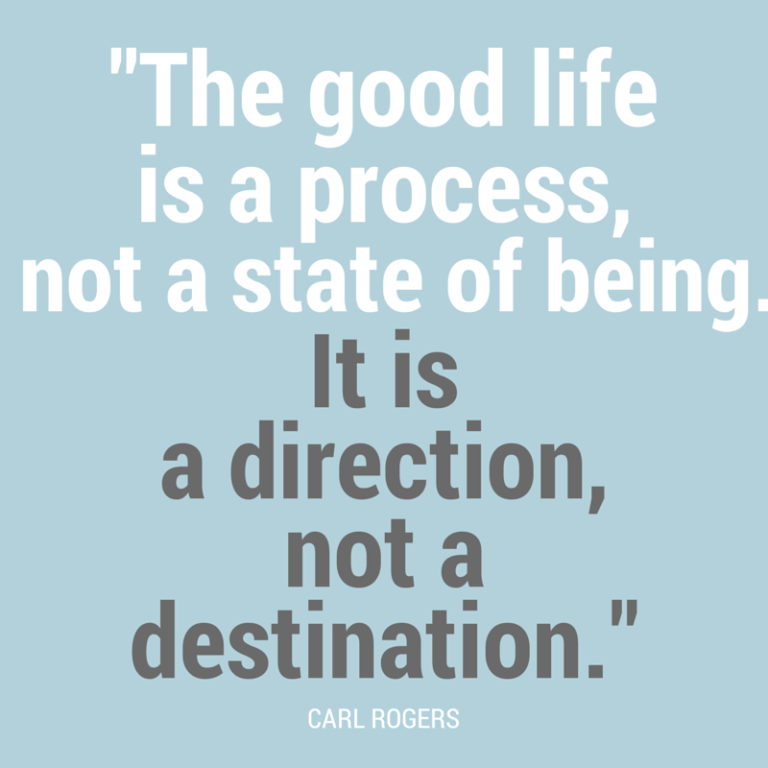Humanistic Theory of Psychology
The humanistic theory of psychology, also known as humanism or the humanist perspective, is a movement that stresses the inherent goodness in people. Rather than focusing on what’s wrong with people, the humanistic theory of psychology takes a more holistic approach, looking at the individual as a whole and stressing the desire for self-actualization. Origins…



